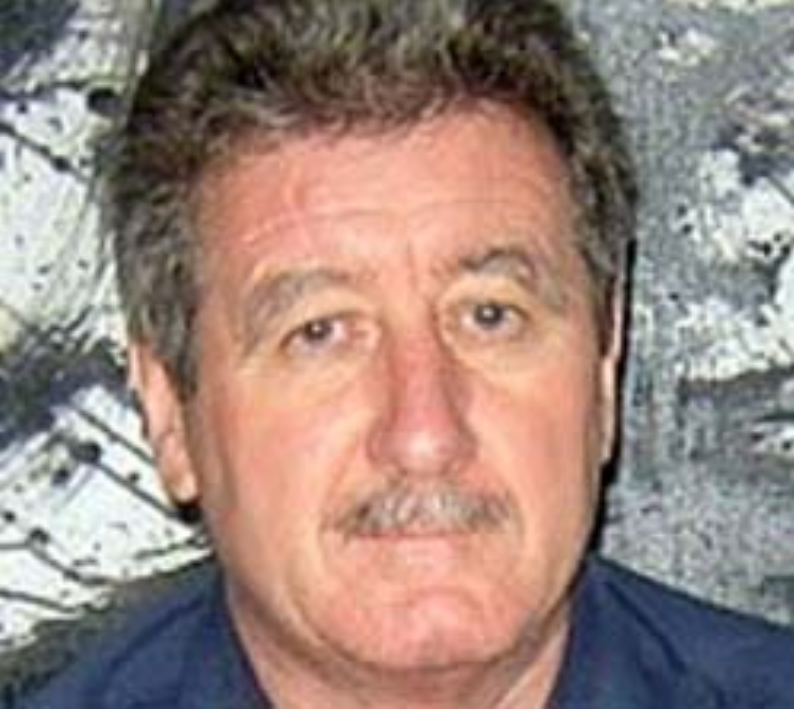
Vartan Oskanian
Two former foreign ministers of Armenia remained pessimistic on Friday about the success of the ongoing Turkish-Armenian dialogue, urging the current authorities in Yerevan to reconsider their diplomatic overtures to Ankara.
A top U.S. official, meanwhile, visited Armenia in what may have been an attempt to salvage the faltering talks between the two neighboring nations. Deputy Assistant Secretary of State Matthew Bryza met with President Serzh Sarkisian and Foreign Minister Eduard Nalbandian. Official Armenian sources gave no details of the talks, and Bryza was not available for comment.
The diplomat, who is also the U.S. co-chair of the OSCE Minsk Group, arrived in Yerevan from Baku where he met Azerbaijani Foreign Minister Elmar Mammadyarov. Washington has been trying to neutralize Azerbaijan’s strong resistance to the normalization of Turkish-Armenian relations before a peaceful settlement of the Nagorno-Karabakh conflict. U.S. President Barack Obama personally discussed the matter with his Azerbaijani counterpart, Ilham Aliev, in a phone call last week.
The vehement Azerbaijani protests led Turkish Prime Minister Recep Tayyip Erdogan to publicly state earlier this month that Turkey will not establish diplomatic relations and open its border with Armenia without a Karabakh settlement. Turkish Foreign Minister Ali Babacan appeared to echo that linkage as he flew to Yerevan on Wednesday night.
“We don’t say, ‘Let’s first solve one problem and solve the other later,’” Babacan was reported to tell Turkish journalists. “We want a similar process to start between Azerbaijan and Armenia. We are closely watching the talks between Azerbaijan and Armenia.”
Nalbandian insisted on Thursday, however, that Ankara and Yerevan could still hammer out a ground-breaking agreement “soon.” Two of his predecessors are far more pessimistic on that score, pointing to the statements made by Erdogan.
“I don’t anticipate the signing of a Turkish-Armenian agreement in the near future,” one of them, Raffi Hovannisian, said. He was particularly worried about Erdogan’s calls for the UN Security Council to denounce Armenia as an “occupier” and demand Karabakh’s return under Azerbaijani rule.
Vartan Oskanian, who served as foreign minister from 1998-2008, likewise suggested that the Turks have no intention to cut an unconditional deal with Armenia and are instead trying to exploit the talks to keep the United States and other countries from recognizing the 1915 massacres of Armenians as genocide. He said they could also be pressing international mediators to seek more Armenian concessions on Karabakh in return for an open border with Turkey.
“When you make a Turkish-Armenian dialogue public, the Turks always take advantage of that because they face the genocide issue, the issue of European Union membership and the issue of friendship with Azerbaijan,” Oskanian told a news conference. “So publicity here, if we let it last for long, is not to our benefit. With every day passing without border opening or normalization of Turkish-Armenian relations, Turkey finds itself in a more beneficial position than Armenia.
“The moment that the border is opened, we too will start to draw dividends. The question is when that will happen.”
“The Armenian side should set a clear deadline for the Turks — if we sign an agreement and the border is opened on a particular day, it will be fine; if not, let us interrupt the negotiations from that day. Something has to be done,” added Oskanian.
Oskanian also seemed puzzled by President Sarkisian’s assurances that Armenia will “emerge stronger” from the U.S.-backed talks even if they end in failure. “I hope that there is something that the president knows but we don’t know,” he said.
The former minister, who founded last year a private think-tank, the Civilitas Foundation, spoke to journalists before an official presentation of a newly published book containing speeches delivered by him throughout his decade-long tenure. Among those attending the event was Kaan Soyak, the Turkish co-chairman of the Turkish-Armenian Business Council (TABC) that has long been lobbying for improved relations and unfettered commerce between the two neighbors.
Soyak asserted that Erdogan’s remarks were “a little misunderstood” in Armenia and did not wreck the Turkish-Armenian rapprochement. “What the prime minister wanted to say is that the normalization of relations between Armenia and Turkey is very important and within the context of this normalization Turkish diplomats and Turkish foreign policy advisers will be more active in the Caucasus for the settlement between Armenia and Azerbaijan,” he told RFE/RL.
“He never set a precondition,” said Soyak. “He believes that all the solutions must be in one package, which includes Azerbaijan and Armenia, but not necessarily the Nagorno-Karabakh area.”
https://www.azatutyun.am/a/1610916.html







